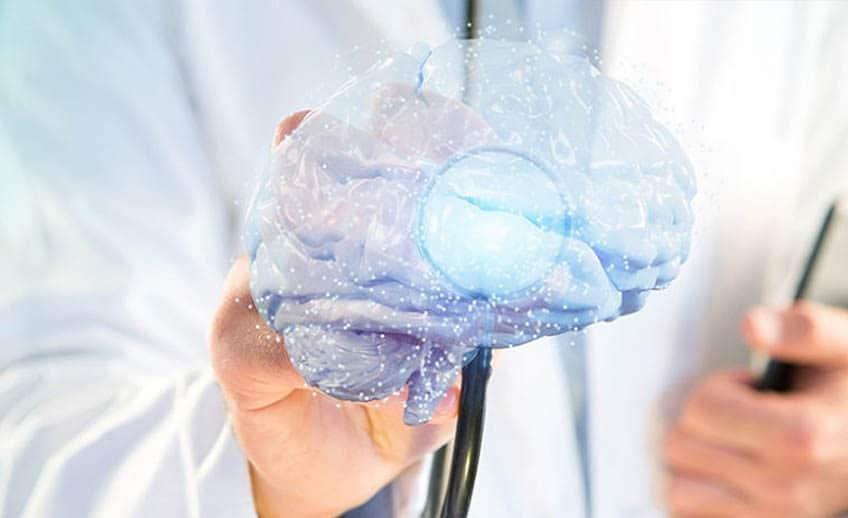At THMC, Neurology Department in Al Ain is a branch of medicine specializing in disorders of the nervous system, including, but not limited to, the brain and the spinal cord. Neurologists are doctors who assess, diagnose, and treat the illnesses that affect, or originate in, the brain and central nervous system, as well as the peripheral nervous system, including the spinal cord. Several diagnostic tools can help neurologists in their findings. These include the electroencephalogram (EEG), magnetic resonance imaging (MRI), computerized tomography (CT scans), and nerve-conduction studies. These diagnostics then supplement history-taking, physical examinations, and other relevant collateral information, all of which help our neurologists diagnose illnesses and treat them.
Among the numerous conditions neurologists are specially qualified to treat are:
- Epilepsy and other seizure disorders
- Headaches – including cluster, tension, etc.
- Migraines
- Autoimmune disorders
- Neurodegenerative disorders, such as Alzheimer’s disease
- Multiple sclerosis (MS)
- Stroke
- Dementias
- Memory problems
- Parkinson’s disease
- Convulsions
- Gait and balance problems
- Back and neck problems
- Dizziness and vertigo
- and many other diseases that affect the brain, spinal cord, muscles, and nerves.
Our Specialty Neurology Services
- Video-electro-encephalogram (V-EEG)
- Nerve conductions studies (NCS)
- Auditory brain stem evoked response (ABR)
- Visual evoked potentials (VEP)
- Botulinum therapeutic injections
- Trigger point injections
- Carpal tunnel injections
What happens in the initial visit with a neurologist?
The first visit is a consultation. This includes sitting with our neurologist to discuss the patient’s medical history. There is also both a physical and neurological examination, which is non-invasive. After this initial consultation, the doctor will order procedures based on the results of the assessment. These procedures might be one or a combination of EEG, MRI, CT scans, and/or nerve-condition studies.
Once all the results are compiled, our neurologist then reaches a diagnosis and can suggest treatment strategies that may include medications, physiotherapy, and/or occupational therapy.
If you feel that you, or a loved one, can benefit from consulting our neurologist, please contact us at The Heart Medical Center – Al Ain. Your calls are confidential.





